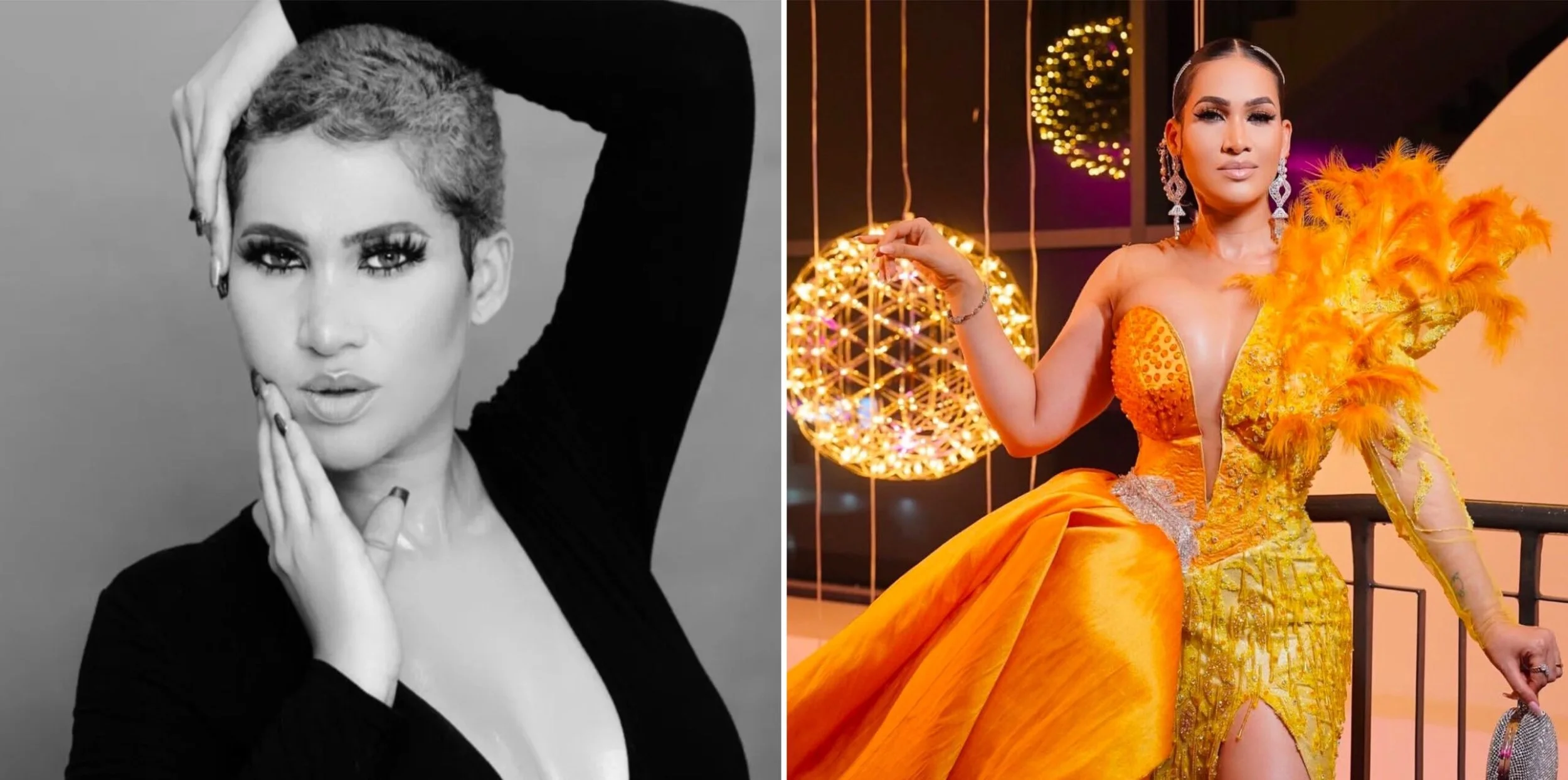Rapper Dank DeMoss Sues Lyft for Weight Discrimination: A Call for Inclusivity in Ridesharing
American rapper Dajua Blanding, better known by her stage name Dank DeMoss, has filed a lawsuit against ride-hailing giant Lyft, alleging she was discriminated against by a driver due to her weight. The incident, which occurred in Michigan, has sparked a wider conversation about body positivity and inclusivity in everyday services.
DeMoss, a 489-pound rapper from Detroit, shared her emotional experience on TikTok, recounting how she was refused service by the Lyft driver, who reportedly cited her size as the reason for not accepting her ride. “I was hurt and embarrassed,” she said in an interview with CBS News. “I have been in that same type of car many times and never had an issue. This was someone who was discriminating against me just because of my weight.”
The rapper’s legal team has now taken action, arguing that the driver’s refusal to provide service violated Michigan’s anti-discrimination laws, which include weight as a protected characteristic. In her lawsuit, DeMoss claims that she was humiliated by the encounter, leading to emotional distress and public embarrassment.
In response, Lyft has stated that it does not tolerate any form of discrimination, emphasizing that its community guidelines and terms of service strictly prohibit harassment or discrimination of any kind. The company also expressed their commitment to creating a safe environment for all users of their platform.
A Larger Conversation on Body Shaming and Inclusivity
This lawsuit shines a spotlight on the issue of weight discrimination, a form of prejudice that is often overlooked in conversations about inequality. In many parts of the world, being overweight is still stigmatized, and incidents like this reinforce the painful reality that people, especially women, are judged for their physical appearance.
DeMoss’s case has sparked a conversation about the importance of inclusivity in services like Lyft, which many people rely on for transportation. It also serves as a reminder that discrimination can take many forms, and weight should not be one of them. Just as race, gender, and disability are recognized as protected characteristics, weight should also be considered in the fight for fairness and equality.
Opinion: The Need for Broader Change in Society
In an era where diversity is increasingly celebrated, the conversation around weight discrimination should be elevated as well. It’s easy to forget that, just like other forms of discrimination, weight bias can have serious emotional and psychological consequences. DeMoss’s experience is a wake-up call for businesses and individuals alike. We all have a role to play in creating a world where people of all sizes feel valued and respected.
The outcome of this lawsuit could set a precedent for future cases and serve as a lesson to companies that they must be more diligent in ensuring their employees, whether drivers or customer service agents, adhere to inclusive practices. We should all be mindful of how we treat others, no matter their size. After all, body size is just one small part of a person’s identity—let's continue to push for a world where kindness, respect, and fairness are the norms for everyone, regardless of how they look.
By sharing her story, DeMoss has not only brought attention to a serious issue but also reminded us that everyone deserves to move through life without fear of discrimination, no matter their size.








